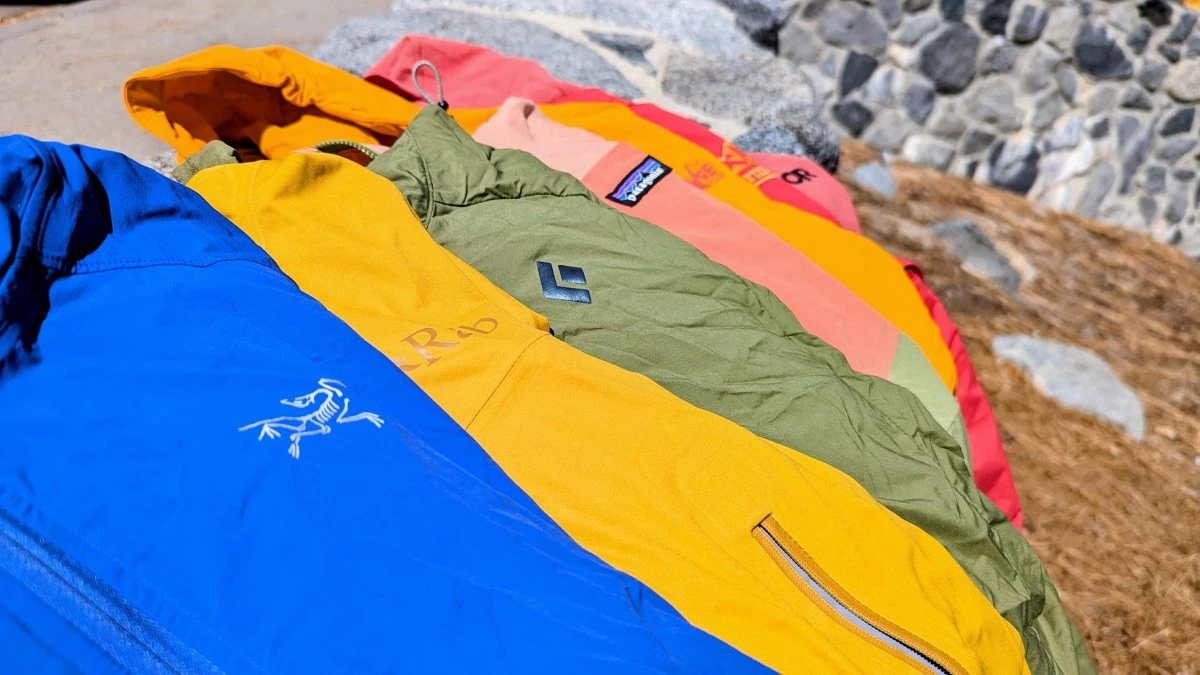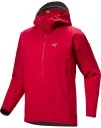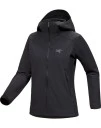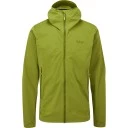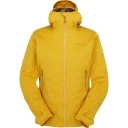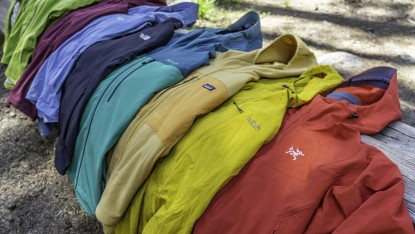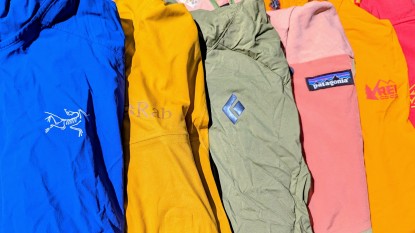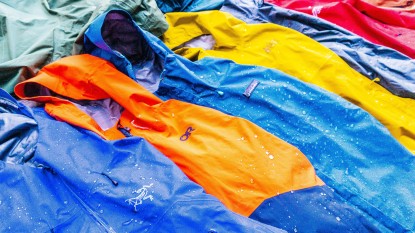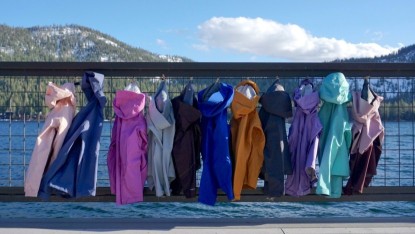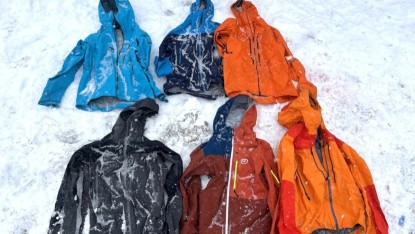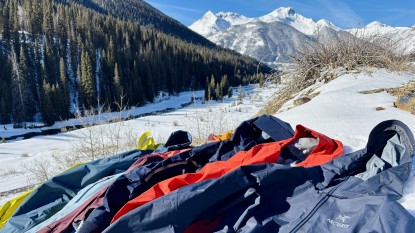The Best Softshell Jackets
Fans of year-round adventure activities like hiking, climbing, running, or skiing are always on the hunt for the unicorn of all layers: breathable weather protection. The softshell jacket was made to fill this hole. Although you won't find the highest level of weather resistance in a softshell, these layers can be sufficient to keep you dry in brief, light-to-moderate conditions, and they can maximize your comfort during athletic pursuits once the sweat picks up.
We've been testing softshell jackets since 2011, and in that time, we've tested over 150 different men's and women's softshells. From the backcountry trails and snowy peaks of Colorado to remote crags and glacial valleys between the Pacific Northwest and the Sierra Nevada, we've put these layers to the test, assessing their weather protection, breathability, mobility, and versatility. We've outlined our favorites from both women's and men's reviews, including the lightest, most packable, and easy-to-move-in models available and the most budget-friendly across the lot.
Our favorite softshell is the Arc'teryx Gamma Hoody. Our women's test team and male testers both loved this jacket for its incredible breathability and weather protection and great mobility.
However, we know not everyone can (or is willing to) splurge on Arc'teryx. As a more affordable option, both test teams also loved the men's Rab Borealis and the women's Borealis, which is a fraction of the price of the Gamma. Although it's not as weather resistant, testers love the breathability of the Borealis and find it highly comfortable, with a cut that offers a great range of motion.
If you anticipate heavy rain and strong winds, you might want to consider a more technical hardshell jacket for men or a women's hardshell jacket. If you're seeking a lighter duty layer, check out our articles on men's windbreaker jackets and windbreakers for women.
Related: Best Softshell Jackets for WomenRelated: The Best Softshell Jackets for Men


